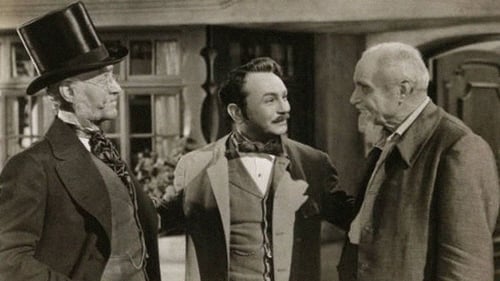
Board Member (uncredited)
German Julius Reuter sends 19th-century news by carrier pigeon and then by wire, founding a news agency.
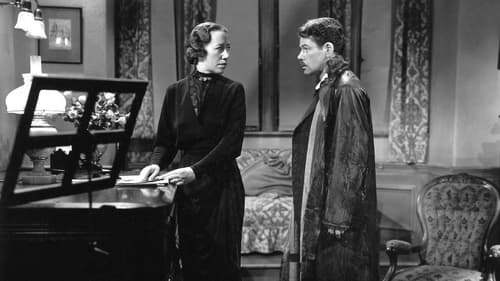
Judge's Chaplain
A British doctor and his son's Austrian governess have an affair and are accused of killing his wife.

Governor (uncredited)
This dramatized short film describes the historical mystery of France's "man in the iron mask". King Louis XIV imprisoned a man who was never identified, but who was forced to wear an iron mask for the length of his captivity, which ended only in his death. Several candidates for the identity of the man are investigated.

Man at Stock Exchange (uncredited)
Terminado el periodo de la fiebre del oro en California, empezó la rivalidad entre granjeros y mineros en el valle de Sacramento. El Coronel Chris Ferris (Claude Rains), un rico agricultor, se opone firmemente a la minería hidráulica, un nuevo método desarrollado en los años 70, durante la fiebre del oro, porque está inundando las tierras de cultivo más prósperas de la región. A pesar de la postura de Ferris, Jared Whitney (George Brent), un ingeniero de minas del Este, no sólo se hace amigo del hijo del coronel (Tim Holt), sino que además se enamora de Serena (Olivia de Havilland), la bella hija De Ferris.
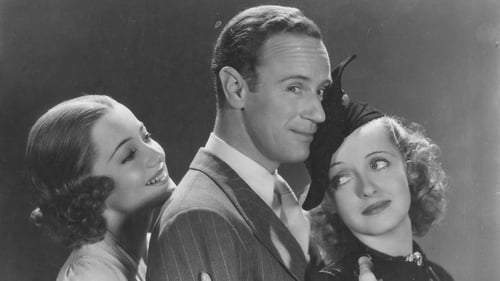
Second Butler
Los célebres actores teatrales Basil Underwood y Joyce Arden son socios en escena y fuera de ella. Un gaje del oficio de Basil es que las mujeres a menudo se enamoran de él cuando sale a las tablas... y que él a veces se deja adorar. La vida de Basil y Joyce es apasionada y tempestuosa, caracterizada por disputas y simulaciones constantes, que suelen continuar en escena, mascullando por lo bajo. Tras su última pelea y reconciliación, finalmente han decidido casarse por duodécima y definitiva vez... ¿Pero será la última?
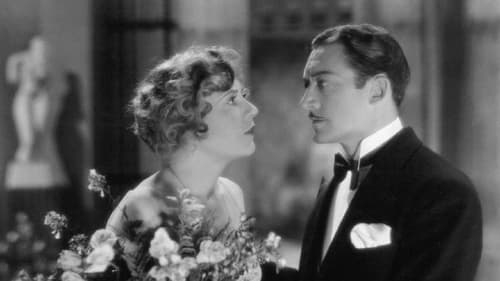
Bartender (uncredited)
The second of the three film versions of the E. Phillips Oppenheim espionage thriller set largely in an old dark house where a tremulous wife wonders if her husband is really his double, a dastardly German spy.
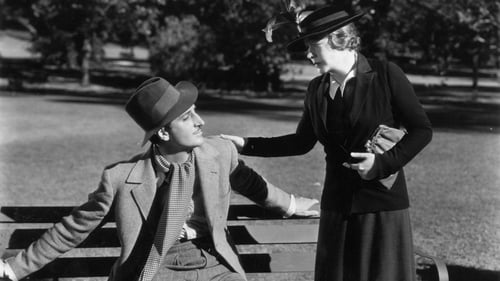
Stage Manager (uncredited)
After the woman who raised him claims he's not her son, Richard searches for clues about his identity. Urged on by his mentor, Capt. Randolph Courtney, Richard focuses on Julia Trent Anders, a middle-aged actress who just might be his real mother. But soon, Richard begins to fall for Julia's stepdaughter. Amidst the upheaval, Richard schemes to return Julia to the stage -- but he's in for another big surprise.

Prison Doctor
Una de las varias adaptaciones que se han hecho del texto homónimo de Dickens sobre la historia del huérfano Pip y un misterioso bienhechor que le satisfará económicamente para hacer de él un caballero. (FILMAFFINITY)
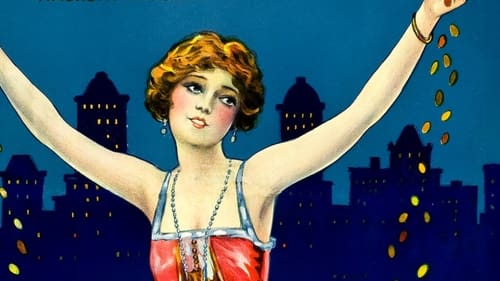
Adolphus Faring
After inheriting a fortune from an uncle they barely and carelessly cared for during his last years, the Welbys become social-climbing snobs to the point of ignoring old friends and breaking off marriage engagements.
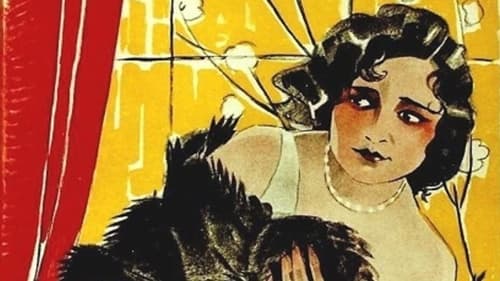
Sam Maynard
The Guilty One is a 1924 mystery film.

Paul Bonard an artist, loses his memory when he receives a blow on the head from one of two apaches fighting over Wildcat, a sultry stepper in a cafe. He becomes an apache himself, falls in love with Wildcat and paints her portrait--his masterpiece. Wildcat learns Paul's identity and restores him to his family, though realizing that she will lose him. Surgery restores Paul's memory, but some subconscious force guides him back to the cafe and Wildcat's love.
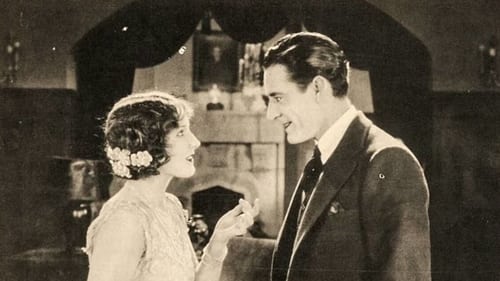
Caulkins
Gerald Stanley (John Gilbert) is an English gentleman who is engaged to Beatrice Joyce (Alma Frances). But Stanley's personality changes whenever he drinks, and his brother (who also loves Beatrice) uses this to his advantage.

Director
Mary Boyne, who made shirts at four dollars a week, had no place for love in her life - only despair and hate for the son of the man who had plunged her family into deepest distress. Peter Kenwitz loved Mary, but because he was a mathematician and a pessimist by trade, his love was as hopeless as her chance for happiness.

Director
When his sweetheart jilts him, wealthy James Armitage leaves his family estate in the hands of attorney Samuel Bordman and heads for Burma. Six years later, Armitage discovers that his former girlfriend has just become a widow, thus he sails back to America in hopes of rekindling the romance.

Director
The one was a venturer - the other an adventurer - the one a man who wanted to see adventure, but who had never been beyond the city limits - the other a man who had seen adventure in all parts of the world, and who assured the venturer that things were just as monotonous every place in the world as in the city. So they met, each seeking for the unconventional, on a New York street, and dined together as men out of luck, with two cents between them - and still nothing happened. They both had credit at the hotel. Then into their lives came the feminine influence - a sweet girl who lived in a house which was irrevocably a household. The adventurer hesitated - he had yet to satisfy his longing for the incalculable. Suddenly love changed the venturer into an adventurer, and settled the adventurer into a venturer.

Irving
"The Dawn of Freedom" is a stinging satire on the death of those ideals that prompted the founders of the United States.
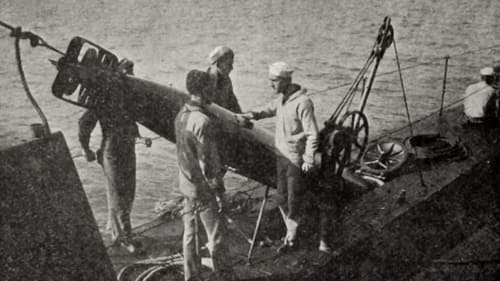
James Archer
Lieutenant Commander Colton, U.S.N., is in love with Caroline Austen, daughter of a prominent political power in Washington. Colton has a rival in James Archer, a journalist of prominence, unscrupulous and secretly in league with the Ruanian Ambassador, who is endeavoring to obtain for his country inside information as to the United States naval resources.

Peter Hart
A 1915 film directed by Van Dyke Brooke.

Jovial and big-hearted, Jim Brice, of the Howard Detective Agency, is sent to trap bribetakers in a nearby city.

Captain Clifford
As childhood sweethearts, David Horton and Beatrice Elton are inseparable. Fifteen years later Beatrice goes abroad and while there is heartbroken to learn that David has married Margaret Forsythe, a social climber, Margaret starts to entertain on a lavish scale.

An exceptionally capable girl, Trixie Joyce, proves a great help, to her mother, a widow with a large family of girls. They receive a proposition from Henrietta Joyce, Mrs. Joyce's wealthy sister-in-law, to take Trixie as a companion, feed and clothe her and in place of wages, send her mother an allowance sufficient to support the rest of the family. Both realize it is the solution of a hard problem, and Trixie accepts the offer. Henrietta is close-fisted and selfish in money matters, but she also has a strain of morbidly-romantic sentiment in her nature, so the largest part of Trixie's work is reading aloud to her mistress quantities of swashbuckling, mid-Victorian novels.

Lucy's Uncle
Returning home from a matinee, Ralph Brent, a poor actor, finds his step-child dead. The child's mother returns intoxicated, having purchased drink instead of medicine for the child, with the money he had given her. He accuses her of causing the little one's death, and snatching the bottle of liquor from which she is about to drink, throws it away. Infuriated, she springs at her husband with a bread knife, stumbles and accidentally kills herself. Fearing that he will be suspected of murder. Brent hastily makes up in the disguise of an old man and leaves the house.

The Hotel Manager
While touring Algiers, Mrs. Osborne and her daughter, Winnifred, make the acquaintance of Schuyler Van Norden, a young American banker. At a little booth, Mrs. Osborne purchases "The Moonstone of Fez." On their way to their hotel, Winnifred and her mother are accosted by a beggar, who seizes Mrs. Osborne's hand and insists upon telling her fortune. The following night they retire in adjoining rooms. In the morning, Winnifred is frightened to find her mother has mysteriously disappeared.

Lass and her six little puppies are lying near the kennel upon the suburban estate of Mr. Jameson, the wealthy New York broker. Mrs. Jameson, his wife, is walking about the estate accompanied by her six months' old baby and its nurse. She stops and speaks kindly to Lass and her little family. Picking up one of the little dogs, she playfully puts it in the carriage with the baby and petting the little animal, returns it to its mother. She continues upon her walk. This same little puppy strays away from its little brothers and sisters and reaching the railroad tracks, it wanders into the next village, where it is met by a crowd of youngsters that are gathered about the station. They playfully abuse the little animal.

Director
Dr. Hugh Loring, whose hobby is heredity, has evolved the theory that physical or mental peculiarities of children reveal the parents. The doctor's intense desire for children is only equaled by his wife's aversion. On the occasion of the doctor admonishing his wife for being friendly with an admirer she leaves him, and when her child is born she swears Ruth Carden, an employee of her husband's, who has accompanied her, to secrecy, so that she may keep from the doctor his greatest joy. Mrs. Loring dies, and Ruth returns to the doctor's office, leaving the child in the care of the nurse. Three years later the nurse finds it necessary to give up the child, and the doctor, who has fallen in love with Ruth, is stunned, for he believes that the child is hers.

Sam Barr
To spite her domineering father, Eastern girl Lucy Fox pursues an unsuitable suitor to a small Western hamlet where she obtains a job as a manicurist. A local rancher (Buck Jones), who has fallen for the girl, does his best to persuade her not too marry the bounder.






















